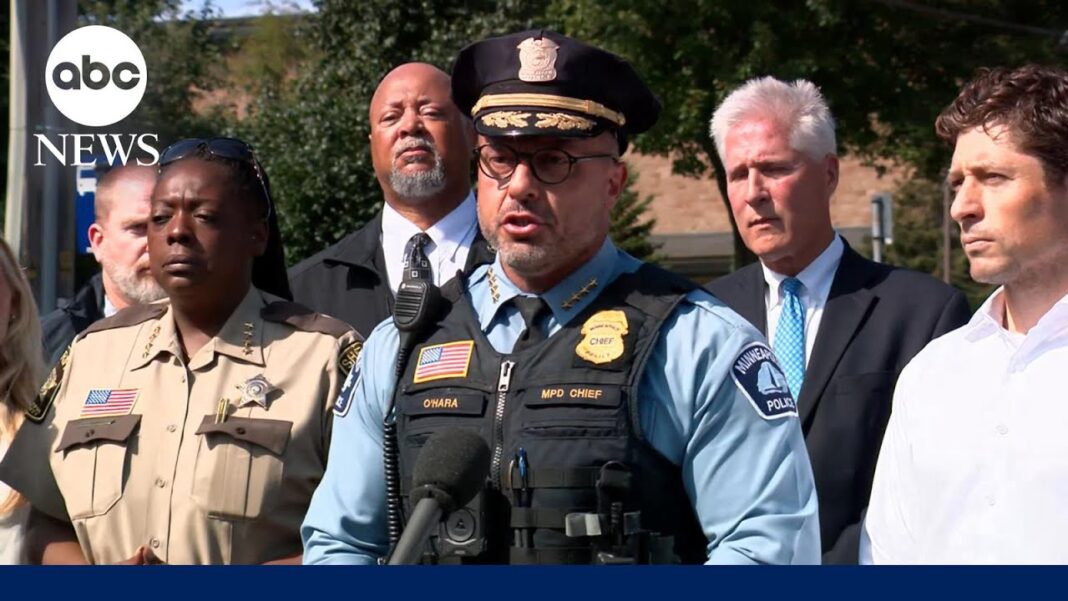When Diana Ross and the Supremes reigned supreme over the musical charts they asserted, “I’m Gonna Make You Love Me.” When it comes to the US flag, the Supreme Court has ruled you may adore the flag, but nobody can make you love it.
This burns people up and with it US flags.
President Trump has now issued an Executive order seeking to protect the sacred flag of our embattled union.
Trump ordered the Attorney General to prioritize the enforcement of existing laws against flag desecration which focus on cases where flag burning is linked to other illegal activities, such as violent crimes or property destruction. Those found guilty of flag burning could face a one-year jail sentence without the possibility of early release.
Trump’s ban on flag burning rests on the justification that the act of flag desecration can incite violence and disrupt public order. This is a re-phrasing of the old saying that “one’s free speech ends at the tip of another citizen’s nose.” Violence, or the incitement thereof, is not a form of protected free speech.
In 1989, the US Supreme Court voted to uphold a protestor’s right to burn the American flag for the sake of protesting. In the Texas v. Johnson case, the court voted 5-4 in favor of the plaintiff, Gregory Lee Johnson, who burned the American flag during a protest at the Republican National Convention in Dallas, Texas, in 1984.
Johnson was arrested for breaking Texas law banning the desecration of the flag. He was sentenced to a year in prison and ordered to pay a $2,000 fine. The Supreme Court said that the flag burning was symbolic and political thus the First Amendment protects the act.
In the ruling, Justice William Brennan, writing on behalf of the majority, said, “Johnson was convicted for engaging in expressive conduct. The State’s interest in preventing breaches of the peace does not support his conviction because Johnson’s conduct did not threaten to disturb the peace.” Adding, “Nor does the State’s interest in preserving the flag as a symbol of nationhood and national unity justify his criminal conviction for engaging in political expression.”
Chief Justice William Rehnquist wrote in his fiery dissent, “the flag is not simply another ‘idea’ or ‘point of view’ competing for recognition in the marketplace of ideas. I cannot agree that the First Amendment invalidates the Act of Congress, and the laws of 48 of the 50 States, which make criminal the public burning of the flag.”
In 1989 the US Congress passed the Flag Protection Act which prohibited the desecration of the American flag. Arrests made during enforcement of that law were appealed and expedited to the Supreme Court.
In 1990, the Supreme Court decided in another 5-4 decision in United States v. Eichman that flag burning was protected expression. The Court ruled that, as in the preceding Texas v. Johnson case, “If there is a bedrock principle underlying the First Amendment, it is that the government may not prohibit the expression of an idea simply because society finds the idea itself offensive or disagreeable.”
Despite similar conclusions reflected in the twin rulings, it can be argued that the 1989 decision opens the door to restrict flag burning or its desecration when it represents an imminent threat to peace or is an incitement to violence.
Because both rulings were narrow majorities, it seems plausible the incitement language in Trump’s order might succeed in extinguishing matches meant to burn flags.
Just as yelling “fire” in a crowded theater is not protected speech so too is the use of fighting words. Fighting words have been described by the Supreme Court (Chaplinsky v. New Hampshire, 1942) as non-protected speech. “These are words which by their mere utterance are likely to inflict harm on or provoke a breach of the peace by the average person to whom they are directed.” (Fighting Words Definition & Meaning | Merriam-Webster Legal)
For most Americans flag burning is cause for a fight.
The defilement of our flag is an attack on the dignity, respect, and ideals of our nation. The defilers then rely on constitutional protections afforded to them by the country above which waves that very same flag. To avoid jail these people wrap themselves in the very thing they are desecrating.
A law that prohibits the desecration of our flag isn’t a novel or a particularly American idea. In fact, a quick review of international flag laws shows we are in a minority of nations allowing our symbol of national unity to be assaulted.
Joining the US in flag flogging follies; Denmark, Canada, and Australia. Most countries have laws that prohibit the nonsense, including France and Mexico. American flag haters would have to choose very carefully where to travel if they wanted to engage in banner burning without fear of incarceration.
It would be preferable if protesters could express their point of view without involving our precious flag. They should be advised that burning our sacred symbol in front of patriotic citizens is provocative and it isn’t unreasonable to expect those patriots to jump in to defend it.
The Supreme Court should protect the flag and by extension everyone who has sacrificed so much in service to it, thus making the Supremes’ song, “We Should Be Closer Together” a truth under our nation’s famous Star-Spangled Banner.
Stephen Piccirillo © 2025







